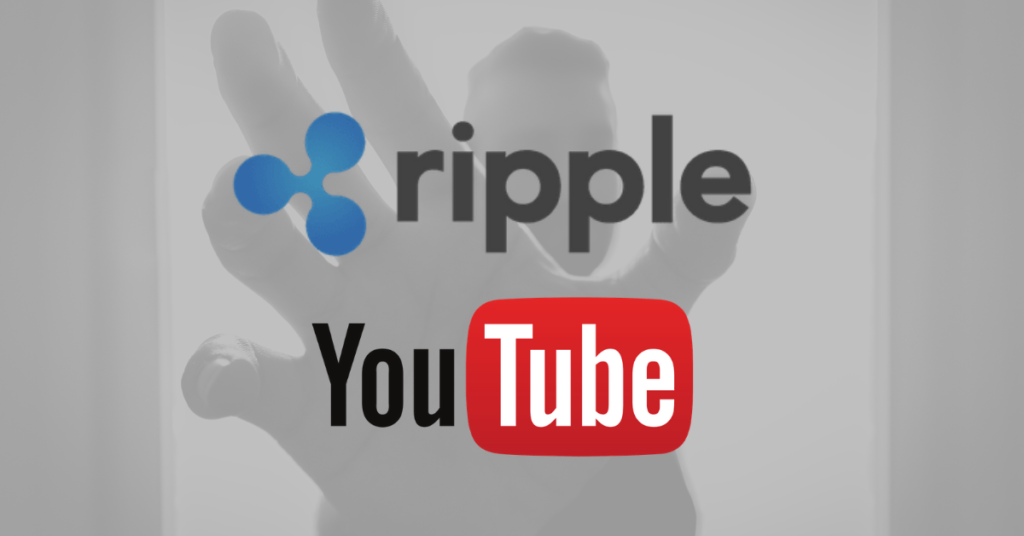
accusation
The motion filed last week at the United States District Court for the Northern District of California, argues that under Section 230 of the Communications Decency Act, "interactive IT services" such as YouTube cannot be treated as content publishers. third party and therefore are not I am not responsible for this.
Ripple sued YouTube in April, claiming that the video sharing platform was not sufficiently controlling scams involving XRP tokens - currently discover its quotation - on its platform, causing even substantial monetary losses for users and damaging Ripple's reputation.
In the lawsuit filed by the crypto company, the scammers are said to have defrauded "millions of XRP valued in hundreds of thousands of dollars" by the victims and cited at least one case in which a scammer apparently received $ 15.000 in XRP from a victim.
DEFENSE
In its motion to dismiss the lawsuit, YouTube claims that Ripple's claims collide with the immunity provided against those lawsuits to online publishers under Section 230. The motion states that Ripple filed the lawsuit "even if YouTube itself is a victim. of the scam ”from the moment the attackers took over the users' accounts on the platform.
YouTube's arguments for dismissing the allegations focus on the idea that the video sharing giant has not voluntarily or knowingly embarked on any of the scams or copyright infringement and cannot be held responsible for any third party content on its website. .
The company's declarations also read that it has intervened on these scams, closing access to the platform, whenever it has been notified. YouTube also responded to allegations that the company also helped scammers advertise their programs by posting paid advertisements for them, reiterating its position that it cannot be held responsible for third-party content.
"And whether YouTube has" approved "the ads by allowing them to run is irrelevant," he points out in the motion. YouTube claims that Section 230 protects the video sharing giant from Ripple's allegations and therefore the case should be closed.
Ripple has not yet commented on the motion to dismiss YouTube's allegations. In recent days, in another lawsuit filed against YouTube, Apple co-founder Steve Wozniak said the company had allowed token scams that use Bitcoin pairing to thrive on its platform. Wozniak, along with 18 other plaintiffs, would like YouTube to pay damages and immediately stop these scams as well.
